Top Class Actions’s website and social media posts use affiliate links. If you make a purchase using such links, we may receive a commission, but it will not result in any additional charges to you. Please review our Affiliate Link Disclosure for more information.
A new class action lawsuit says some Tesla batteries are defective and claims the company deceives consumers about their capacity to avoid having to replace them under warranty.
Onboard computer software purportedly measures the car’s battery life constantly and displays the current level in a dashboard indicator, but at least one owner alleges the system is rigged to indicate more power is available than the Tesla batteries actually have. The result is that owners are unaware their batteries might be defective because they are led to believe the units are better performing than they are, the class action lawsuit says.
That means fewer owners are demanding replacement batteries under warranty, which is saving the car company money, according to the plaintiff.
Tesla owner Robert Fish of California says he noticed his car’s battery draining much more quickly after several years in operation and contacted a Tesla service technician for advice. The technician told him to focus on the car’s battery capacity indicator and not the number of miles he was able to travel on a charge.
Fish says the problem persisted and he again contacted a Tesla technician asking for a replacement battery for his 2014 Tesla Model S 85.
The technician “allegedly performed a remote ‘battery health check’ and determined there were no issues,” Fish says. The owner’s request for a replacement battery under warranty was denied.
Fish filed a class action lawsuit against Tesla Inc. in federal court in California on Jan. 12, accusing the company of fraud and violating federal warranty laws. He is seeking the court’s approval to represent a Class of “potentially hundreds of thousands of geographically disperse people,” who have also been denied replacement Tesla batteries under warranty.
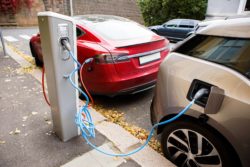
According to Fish, the car company has also manipulated the software to display inflated estimated driving ranges.
Those alleged actions “fooled [owners] into thinking that the losses they were experiencing in battery capacity were due to software updates instead of failing batteries.”
Problems with the allegedly defective Tesla batteries have been reported by owners and operators since at least 2019, the class action lawsuit claims. Many complaints have been posted on popular car websites, including the Tesla Motors Club online forum.
The Fish class action lawsuit cites numerous posted complaints about sudden, significant loss of capacity in Tesla batteries.
“All or substantially all of Tesla’s vehicles sold with Lithium Ion batteries, as well as those sold in the future, are subject to having the same sort of problems with reduced battery capacity as [the plaintiff’s],” the class action lawsuit argues.
Have you noticed a significant decrease in the range of travel your Tesla battery supports? Has the automaker refused to replace your battery under warranty? Tell us about it in the comment section below.
Lead plaintiff Fish and the proposed Class Members are represented by John van Loben Sels, Jennifer J. Shih and Matthew J.C. Lusich of Fish IP Law LLP.
The Tesla Batteries Class Action Lawsuit is Robert Fish, et al. v. Tesla Inc., Case No. 8:21-cv-00060, in the U.S. District Court for the Central District of California.
Read About More Class Action Lawsuits & Class Action Settlements:

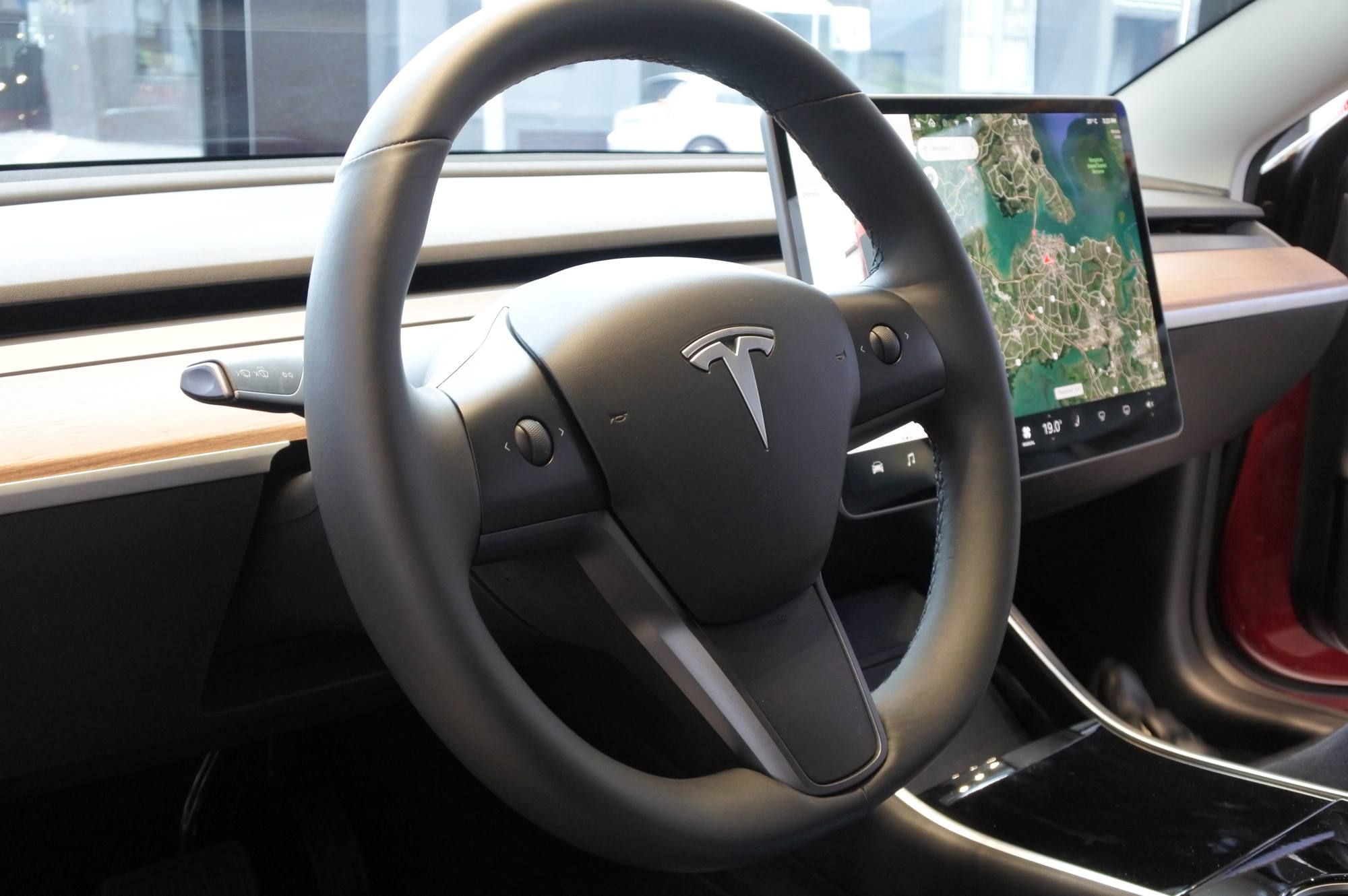




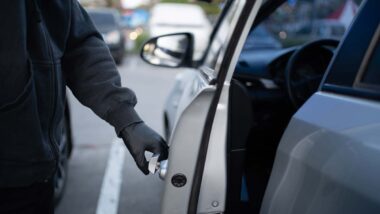







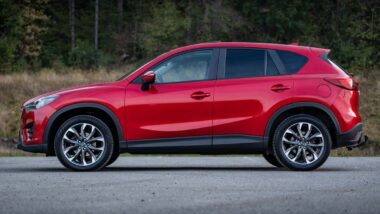
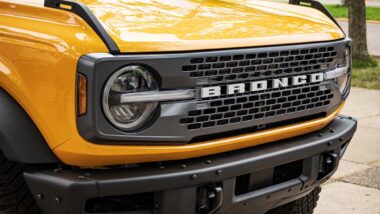
23 thoughts onTesla Batteries Defective, System Overstates Capacity, Class Action Lawsuit Claims
I’ve had this issue for a long time and reported it many times. They always deny there’s a problem and say the same thing. Complained again this week because my 2013 Model S 60kWh is basically useless due to insufficient range and false range calculations. I would be happy to participate in the lawsuit. I’ve given them so many chances to own up to this and they refuse. It’s shameful.
2019 Model 3 Standard Range Plus. Shortly after purchase, max charge miles were 223 out of an advertised 240. Now, 2 years later, max is 206. Maybe I got the 220 Standard Range battery installed instead of the correct one? Tesla claims it’s the correct one!
I have the same battery degradation in my Tesla Model S.
2019 Model 3. I do have my battery gauge set to percent and not to miles. Still, the original battery advertisement was 305 miles. 70% of that is 213 miles. There is no way that my car can go 213 miles at 75 miles per hour. I have dutifully followed the charging recommendations. The battery is not meeting the warranty requirements. Tesla says: “Good morning, this is Tesla service. I have performed tests on your high voltage battery and found that it is operating correctly. The lower display value you are seeing is normal. The mileage display for range is merely a calculation of estimated distance you can travel. This value can and will vary depending on how the vehicle is driven and recharged. It does not indicate a loss or change in the actual capacity of the high voltage battery. We recommend changing the display to the % range display to more accurately reflect your battery range while being driven, as this behaves like a fuel gauge in a gasoline vehicle. I hope that helps explain your concern. Thank you.”
My wife noticed the same thing happen on her 2019 Model 3. Not to mention the lower front protection shield has ripped/torn twice so far on its own and Tesla charges you to replace it. I’d understand if you were to run something over and damage the shield but she’s never run anything over and the shield has broken or a part of it broken and flown off twice so far within 6 months! We’re buying a better made one online.
I bought a 2020 Tesla Model S. The range claim was 373 miles when new. However, the battery charge indicator NEVER from the first would indicate more than 356 miles on a full charge. again, However, even with the indicated 356 mile range, from the start, the actual range of the car at about 70mph on freeways was only about 290 miles with 30 miles to go indicated. 320 miles range in normal driving is a far cry from 373. One local Atlanta Tesla service manager suggested to me that if I would drive 20 mph, I would get the rated 373 miles range! Tesla service from the first told me this was NORMAL. But I read in Car and Driver that Tesla’s indicated range number came from a dynamometer test INDOORS at actual zero car speed and then Tesla published this speed as “normal” for normal driving. In my opinion, this is absolute deception at its worst.
I have 15 percent refraction in one year and they told me they are doing a health check on my battery. We will see what comes of this!!!
I me degregation
My battery is currently at 44% degradation and tesla will not replace it…. my car is rated for 265 miles and only gets 140 per full charge. I’ve been dealing with it for over 2 years. Tesla says nothing is wrong
I had a car for four years and have the same issue. Each time I brought this up to Tesla, they told me that everything is fine but I have many less miles then in the past
I am having similar issues with my Tesla. I have documented battery degradation to such a degree that I am below 20% loss. Tesla will not say there is an issue.